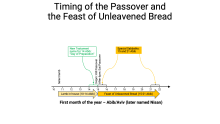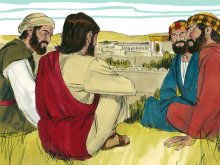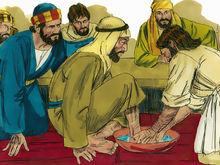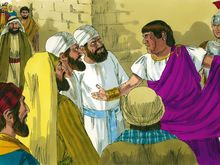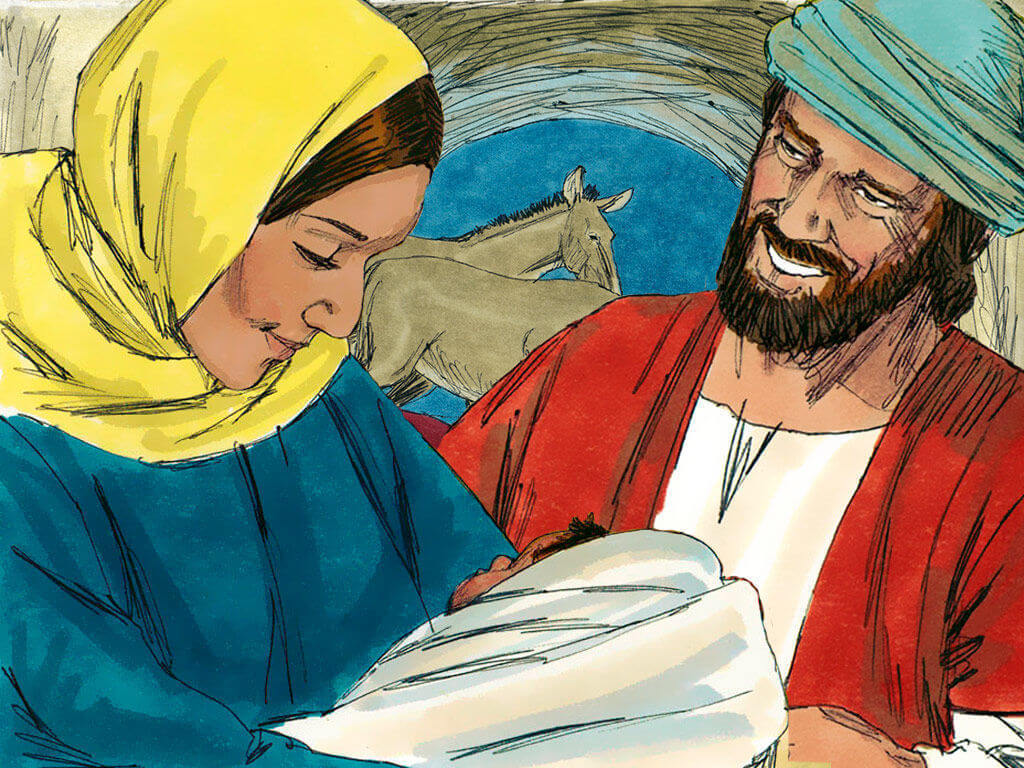Keeping the Passover
By Mark Morgan | Exodus , Jeremiah , Jesus , Passover

The people of Israel were slaves in Egypt for a long time. Finally the right time came for God to lead them out and guide them to the Promised Land. Ten terrible plagues battered Egypt before Pharaoh finally agreed to let the Israel go. The Passover Feast celebrates the last of these plagues when all the Egyptian firstborn were killed, but the Israelite were saved – as long as they obeyed God’s commands surrounding the Passover Feast. In this article, we look at later celebrations of the Passover Feast in Israel’s history as recorded in the Bible.
God said they should keep the Passover not only on that first night to save their firstborn, but every year from then on. Likewise, they were to eat unleavened bread for a week each year to obey God’s command to remember – not just once because they didn’t have time to let it rise when hurrying out of Egypt.
In this article, we’ll examine how dedicated Israel was to keeping these combined feasts as Biblical history progressed.

